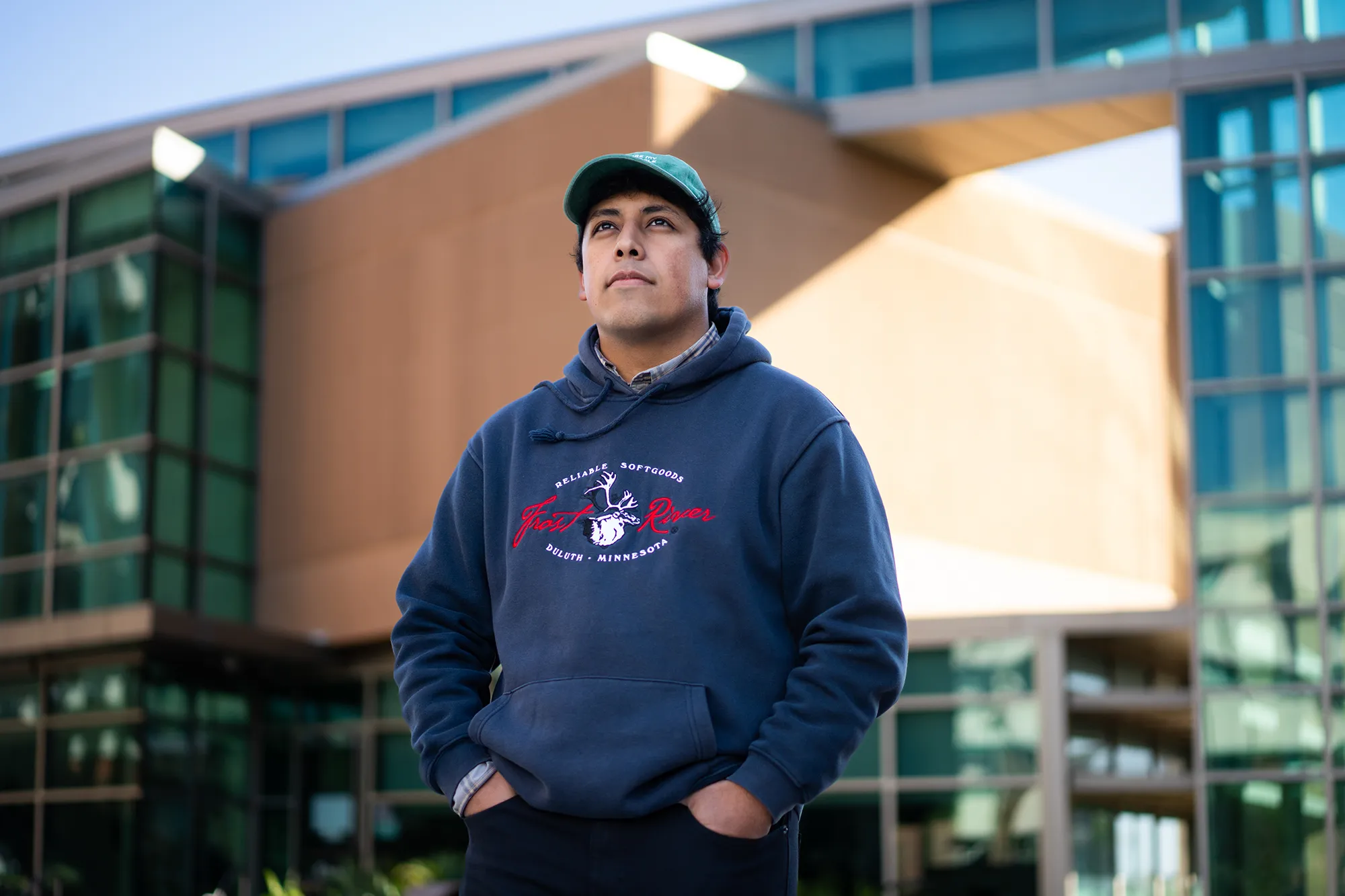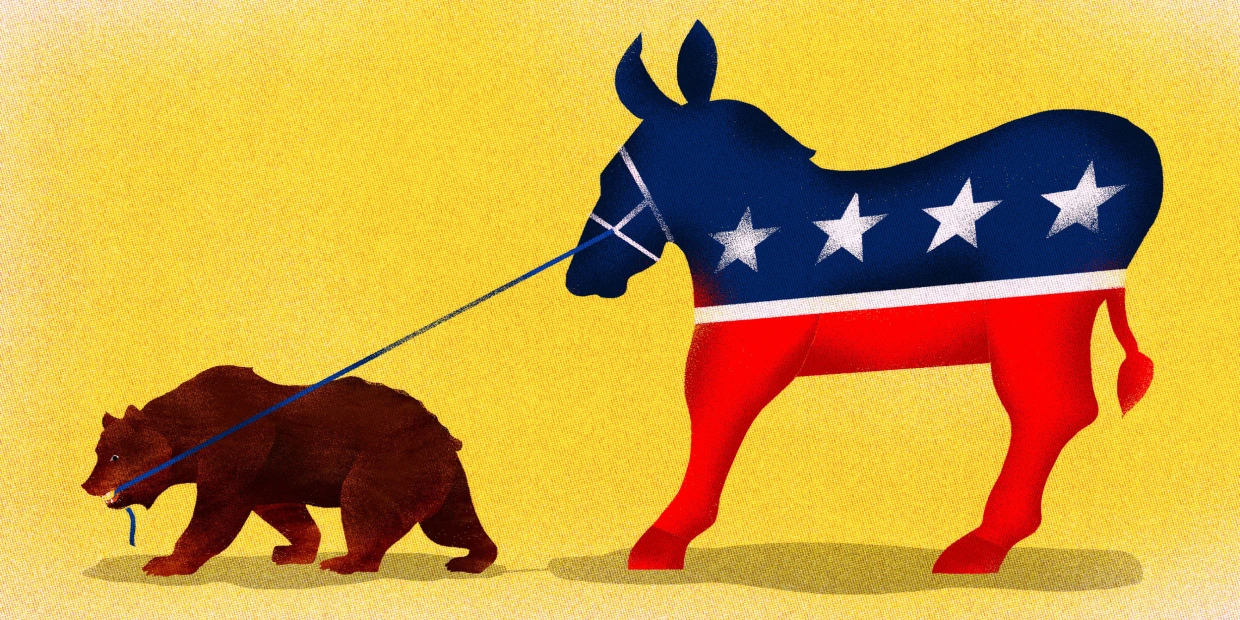By Alfredo Santana
Contributing Writer
LOS ANGELES — The cities of Cudahy and Lynwood have launched small business grant programs that will provide $10,000 to selected businesses that have been impacted by the COVID-19 pandemic.
Lynwood has assembled its grant program to improve and beautify business facades and restore outdoor settings decimated in the past two years after mandated shutdowns forced small businesses to either shrink operations or to relocate.
The city plans to disburse $750,000 from American Rescue Plan Act funds to award business operators willing to make storefronts improvements that may include architectural planning.
According to John Yonai, interim director of community development for the city, the so-called commercial façade grant program would disburse individual business owners $10,000 to cover expenses like basic repairs, beautification and improvements of “highly needed commercial corridors in the city affected by COVID-19 closures,” and in the purchase of security cameras.
A second allocation of $2,000 would be made if businesses hire an architect to design the new look.
“The program’s intent is to focus on property and businesses that are generally single units and not chains, provide retail services and products to the general public and [are] in full compliance with all city ordinances,” Yonai said.
The grant program calls for landlords and commercial tenants to team up and coordinate efforts to apply for the assistance, and provide documents that ensure renters have a minimum of one year remaining on their lease.
A key component is that businesses have storefronts, and are located along, within or near the city’s main commercial drags of Imperial Highway, Atlantic Avenue and Long Beach Boulevard.
If awarded, tenants and landlords should submit to the city three contractor bids that detail projected work or changes, and select a bidder that provided a final cost within 10% of the initial estimate.
The grants program excludes commercial units in strip malls, shopping centers, national and international chains, franchises, liquor stores and bars.
Other expenses not covered are the installation of security bars or gates, bare aluminum storefronts, improvements to parking lots, purchasing garbage bins and signs on walls or windows of any kind.
In other words, any façade or exterior landscape improvement project should follow city codes and be authorized to receive the funding.
Ultimately, the Community Development Department would be in charge of disbursing the grants to contractors hired to redesign and refurbish the storefronts.
Councilwoman Marisela Santana said that she wanted to open the petition to have a lease agreement for three years so a renter cannot be kicked out due to a rent increase following façade improvements.
She proposed to add language to the application that encourages landlords to engage with tenants to extend the rent for at least another year.
City Manager Ernie Hernandez said the $10,000 would cover the total cost of the project and potentially defray costs of larger and more expensive storefront remodeling.
“Our goal in creating this program was [for example], I’m a business owner, I want to maximize the $10,000 from the city by doing a $15,000 to $20,000 improvement to my facility. I’m getting a discount of 50% or something like that. But essentially it pays for anything that is related to the improvement,” Hernandez said.
The number of businesses that may benefit was removed due to the projected fluctuating costs of each façade rehabilitation and whether blueprints are added.
Initially the program would provide funds for 75 business storefronts, but the added $2,000 to each project with architectural blueprints may reduce its availability to about 62.
Santana said the funds should incentivize small business owners to grow from within, and leave behind the economic doldrums brought on by the pandemic.
“I hope that this is just a first step,” she said. “The city hasn’t invested in their small business in over 30 years, since the early 1990s. They had a small program where they gave them $5,000, so I think it’s been a long time since the city has done anything to help the small businesses grow.
For its part, Cudahy’s small business program targets registered businesses with a staff of 50 employees or less in the fields of transportation, trade, education, health care, social assistance and providers of professional services.
The one-time $10,000 grants are also funded with American Rescue Plan Act money and have the goal of strengthening and expanding business offerings as economic activity picks up in small brick-and-mortar venues following COVID-19.
The catch for all applicants is that they must document and show how the pandemic hit the business finances after March 17, 2020, the date state and county officials ordered residents to shelter in place to curb coronavirus infections.
Eligible applicants must document income losses of at least 25% in 2021 compared to the same period in 2020, and submit taxpayer identification number form W-9, and payroll reports.
Andres Rangel, the city’s management analyst, said that $75,000 has been allocated to award local businesses if they need the grants to make up for expenses incurred during pandemic closures or as they reopened and commerce slowly picked up.
Grants can cover employee wages, past rent, and invest on personal protective equipment or on goods that can help businesses comply with COVID-19 protocols, like air filters and better indoor ventilation.
“The funds would help them run normally,” Rangel said. “They can use the money for salaries, pay gas bills, and to follow and be in compliance with COVID-19 guidelines.”
The city’s website described the grants as funds intended to help business retain staff and continue to provide quality services to the residents.
Once the funds are disbursed, the recipients can also use them to retain staff, to start websites or revamp existing ones, to expand operations and service more customers and clients, and to restock and purchase supplies.
All businesses should be in good standing with the city, do not owe fees due to code violations, and disclose if they earned funding from the forgivable Paycheck Protection Program, obtained low-interest loans from the Economic Injury Disaster Loan, or got money from the state or Los Angeles County to stay afloat during the crisis.
The statement indicates businesses that qualified for Small Business Administration funds, or received aid from other government or private agencies will be considered for grants.
Additional conditions call for grant recipients to keep, or create at least one full-time job for a low or moderate income worker for one year or longer.
Startup enterprises that can demonstrate growth potential in tech or other industries and have been established in the market within city boundaries for a minimum of six months would also be considered.
To download the 11-page program application and for a complete list of all required documents, visit the city of Cudahy website and search under small business support program, or call (323) 773-5143, ext. 238.












